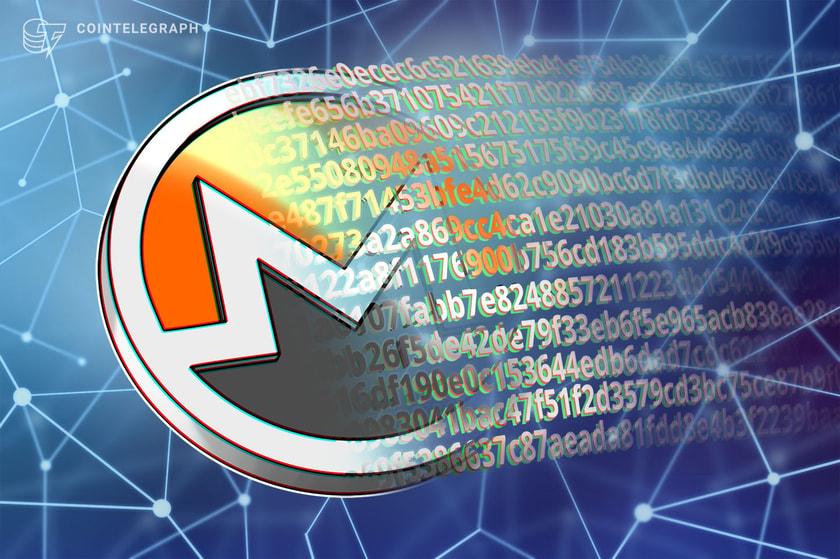Nonfungible tokens (NFTs) are finally on the most infamous privacy-focused blockchain, but not everyone is happy about it. Mordinals, or Monero Ordinals, are similar to Bitcoin Ordinals in that they allow anyone to inscribe data alongside transactions stored on the Monero blockchain.
From reduced privacy on the network to storing illegal content on an undeletable database, the Monero community is throwing around many concerns — but is there really anything to worry about?
What are Mordinals?
In January, Casey Rodarmor launched the Bitcoin Ordinals protocol, allowing anyone to inscribe arbitrary data alongside Bitcoin transactions. This enables users to attach data to a single satoshi. The Ordinals protocol keeps track of these satoshis, the linked data and their unique identifiers, facilitating nonfungible tokens on the network.
Mordinals are essentially a modified implementation of Ordinals on the Monero blockchain. While Ordinals require data to be stored in the “witness” part of a Bitcoin transaction, Mordinals use the “tx_extra” field that exists within each Monero transaction. This has technically been possible on Monero since 2014, but until now, there has been no support for it.
Criticisms against Mordinals closely mirror those levied against its Bitcoin counterpart, but with an additional focus on how it could impact Monero’s privacy. The Monero community values privacy above all else, and introducing NFTs on a network that strives to make its tokens as unremarkable as possible was never going to be easy.
To protect user privacy, Monero transactions are signed using “ring signatures,” which bundle a transaction with a set of fake ones. If an attacker with enough capital flooded Monero blocks with Mordinals, it would be trivial to distinguish actual transactions from the dummy NFTs. This is a genuine concern for Monero.
Magazine: ‘Moral responsibility’: Can blockchain really improve trust in AI?
In 2020, the United States Internal Revenue Service offered a $625,000 bounty to anyone who could help track Monero transactions, so it’s safe to say there’s a market for conducting such attacks.
Another common criticism against Mordinals is its potential impact on decentralization. As blocks get bigger, storage requirements for nodes increase, disincentivizing smaller nodes from staying online.
Of course, the protocol could be upgraded to allow nodes to prune these transactions. However, a blockchain relies on its nodes agreeing on the…
Click Here to Read the Full Original Article at Cointelegraph.com News…
